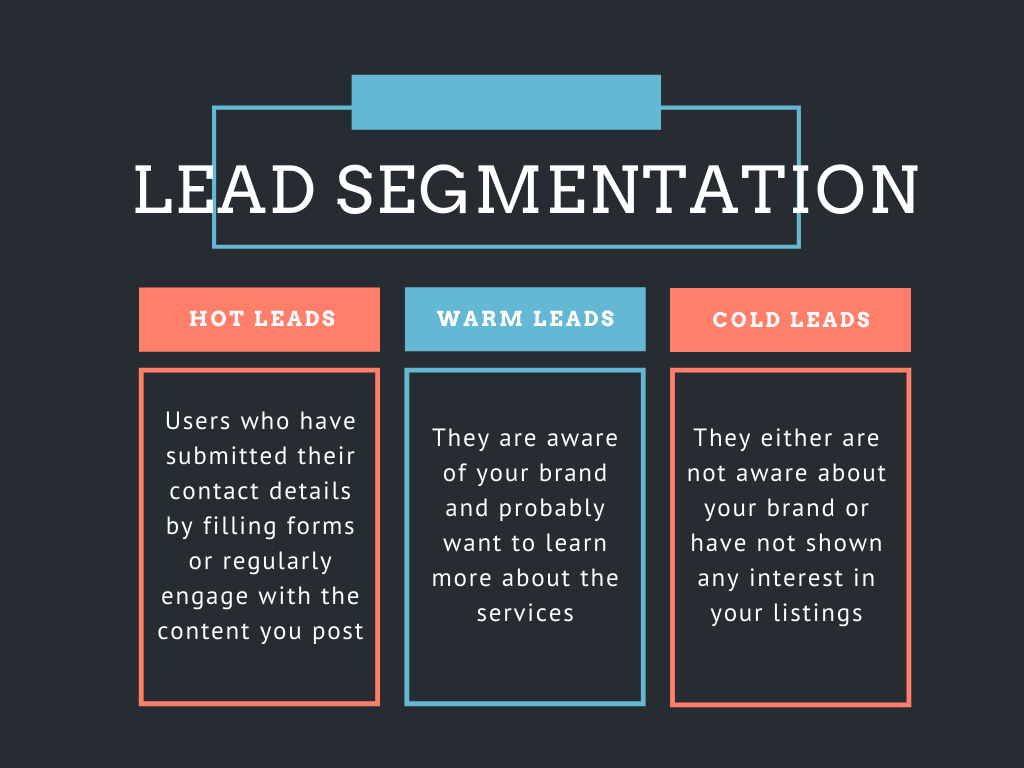Prospecting for real estate leads is crucial for the success of any real estate agent or broker. It involves actively identifying and contacting potential clients who may be interested in buying, selling, or renting properties. Effective prospecting can help generate a steady stream of leads and increase sales opportunities in the competitive real estate market.
Benefits of Prospecting
Prospecting for real estate leads offers numerous benefits:
Increased Sales Opportunities – Consistent prospecting efforts can lead to a higher number of potential clients, resulting in increased sales opportunities.
Building a Network – Prospecting allows real estate professionals to expand their network and build relationships with potential clients, industry partners, and referral sources.
Staying Ahead of the Competition – Active prospecting ensures that agents and brokers are proactive in finding leads, allowing them to stay ahead of the competition.
Targeted Marketing – By identifying specific criteria and demographics, real estate agents can tailor their marketing and messaging to attract the right audience.
Referral Generation – A strong prospecting strategy can lead to referrals from satisfied clients, further expanding the agent’s client base.
Types of Prospecting
There are various methods real estate professionals can use to prospect for leads:
1. Cold Calling
This traditional approach involves calling potential leads who have shown some interest or indicated a need for real estate services. It requires effective communication skills and a persuasive approach to engage potential clients.
2. Networking Events
Attending and actively participating in networking events, conferences, or trade shows can help expand your network, build relationships, and find potential clients. Connecting with other professionals in the industry can also lead to valuable referrals.
3. Online Marketing
Utilizing online platforms, such as social media, websites, and email marketing, allows real estate professionals to reach a larger audience. Creating engaging content, providing valuable information, and utilizing targeted ads are effective online prospecting strategies.
4. Door-to-Door Prospecting
Going door-to-door in specific neighborhoods or communities can be an effective way to directly engage with potential clients. Agents can distribute flyers, business cards, or promotional materials to create awareness and attract leads.
Tips for Effective Prospecting
1. Define Your Target Market
Identify and understand your target market, including demographics, preferences, and needs. This will help tailor your prospecting efforts and focus on the right audience.
2. Utilize Technology
Take advantage of real estate software, customer relationship management (CRM) tools, and online platforms to streamline your prospecting efforts. These tools can help manage leads, automate follow-ups, and track prospecting activities more efficiently.
3. Follow-up and Nurture Leads
Consistent follow-up is key to successfully converting leads into clients. Nurture relationships by providing valuable information, personalized communication, and prompt responses to inquiries.
4. Stay Informed
Keep up with industry trends, market updates, and local news. Having in-depth knowledge about the real estate market will help you build credibility and provide valuable insights to potential clients.
5. Measure and Refine Your Strategies
Regularly evaluate the effectiveness of your prospecting strategies and adjust accordingly. Analyze metrics, such as conversion rates and leads generated, to identify areas for improvement and refine your approach.
Conclusion
Effective prospecting for real estate leads is essential for the success of real estate agents and brokers. By employing various prospecting methods, targeting the right audience, utilizing technology, and nurturing relationships, real estate professionals can generate a consistent stream of leads and increase sales opportunities in a competitive market.
